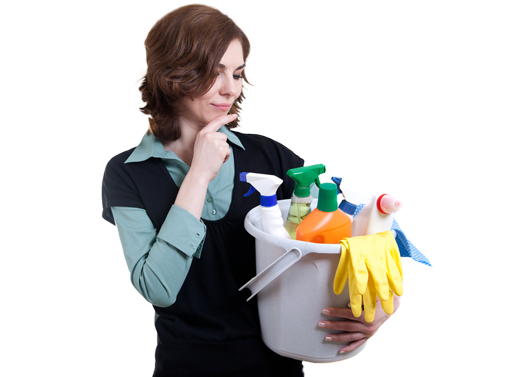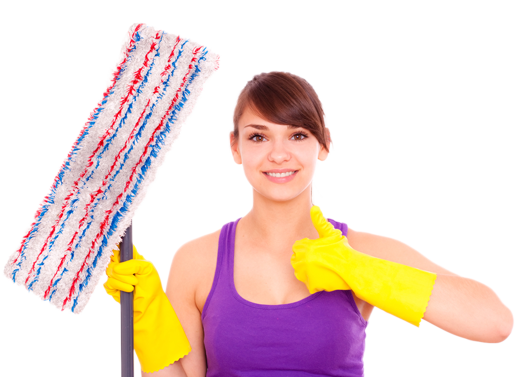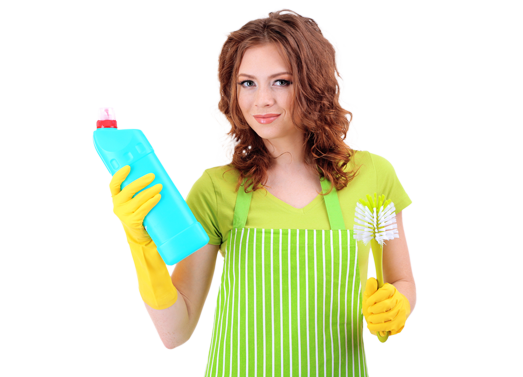Expert Tips for Cleaning Carpets and Hard Floors
Posted on 12/06/2025
Expert Tips for Cleaning Carpets and Hard Floors
Maintaining spotless carpets and immaculate hard floors is a crucial aspect of home hygiene and enhances the look and feel of your living space. Whether you're a homeowner, tenant, or business owner, the right cleaning methods can extend the lifespan of your surfaces and create a healthier environment. In this comprehensive guide, we'll share expert tips for cleaning carpets and hard floors that will help you achieve sparkling results every time.
Why Regular Floor and Carpet Cleaning Matters
Clean floors and carpets are about more than just appearances. They remove dust, grime, allergens, and bacteria that can affect health and indoor air quality. Routine maintenance also preserves the beauty and longevity of your investment, saving you significant costs down the line.
- Improves Indoor Air Quality: Eliminates allergens, dust mites, and pet dander.
- Prevents Stains and Odors: Immediate cleaning reduces stains and persistent smells.
- Increases Longevity: Well-maintained floors and carpets last longer.
- Maintains Appearance: Regular cleaning ensures a fresh, welcoming home or workplace.
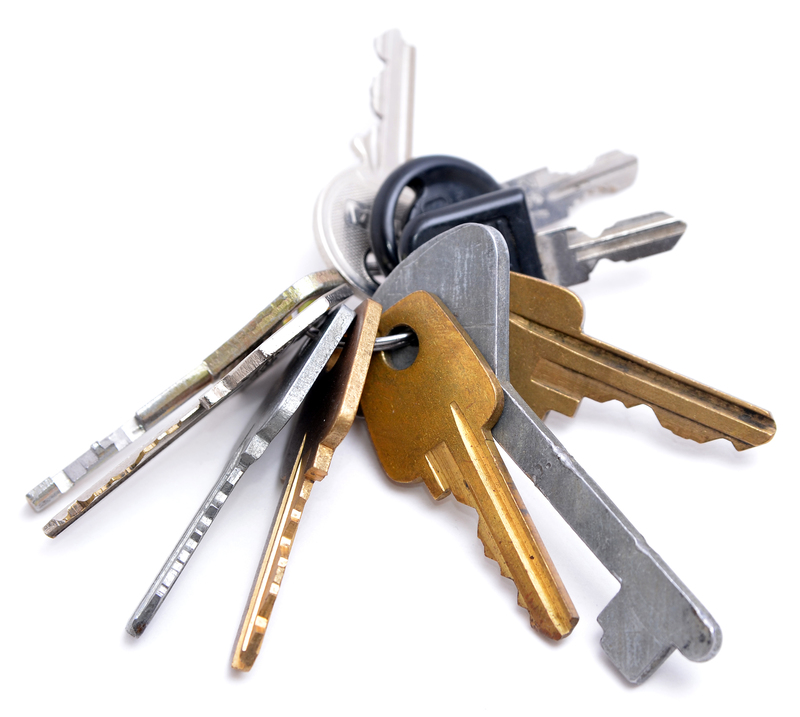
The Basics: Understanding Your Carpet and Floor Types
Before jumping into specific cleaning techniques, it's crucial to identify your flooring or carpet material. Each type has unique care requirements, and using the wrong product or method may cause permanent damage. Here's a quick overview:
Common Carpet Types
- Cut Pile: Soft and plush, ideal for living spaces but sensitive to high foot traffic.
- Loop Pile: Durable and resistant to crushing, often used in hallways and offices.
- Wool: Natural and luxurious, requires gentle, non-abrasive cleaners.
- Synthetic (Nylon, Polyester, Olefin): Stain-resistant and durable, but sometimes prone to static buildup.
Popular Hard Floor Surfaces
- Hardwood: Classic, long-lasting, sensitive to moisture and harsh chemicals.
- Laminate: Affordable alternative to wood, water-resistant, but avoid wet mopping.
- Tile (Ceramic, Porcelain): Extremely durable, but grout lines may attract dirt.
- Vinyl: Water-resistant, low maintenance, suitable for high-moisture areas.
- Stone (Granite, Marble, Slate): Elegant but prone to etching and staining without proper care.
Best Practices for Carpet Cleaning
1. Vacuum Regularly and Correctly
Vacuuming is the cornerstone of carpet care. Dust, pet hair, and dirt particles settle deep in carpet fibers, dulling appearance and potentially causing respiratory issues.
- Frequency: Vacuum high-traffic areas twice a week, less-used areas at least weekly.
- Technique: Move the vacuum slowly over the carpet, overlapping rows.
- Filter Changes: Clean or replace vacuum filters and bags regularly for optimal suction.
- Attachments: Use crevice tools, upholstery brushes, and edge attachments for a thorough clean.
2. Tackle Spills and Stains Immediately
Prompt action is crucial for effective carpet stain removal. Blot, don't rub, to avoid pushing the stain deeper into the fibers.
- Blot with Absorbent Material: Use a clean, dry microfiber cloth to soak up excess liquid.
- Apply a Suitable Cleaner: Use a carpet-specific spot cleaner or a homemade mixture of mild dish soap and lukewarm water.
- Rinse and Dry: Blot with plain water to remove chemical residue, then dry the area thoroughly.
- Tip: For stubborn stains, such as wine, coffee, or pet accidents, consult professional carpet cleaning services.
3. Deep Clean Carpets Annually
While regular vacuuming keeps surface dirt at bay, deep cleaning (also known as steam cleaning or hot water extraction) removes embedded grime and rejuvenates fiber resilience.
- Rent or Hire: Use a carpet cleaning machine or enlist reputable professionals.
- Pre-treat Heavy Soiling: Apply pre-treatment sprays to particularly dirty areas.
- Allow Proper Dry Time: Ensure carpets are fully dry before walking on them to prevent mold and mildew growth.
4. Preventative Measures for Carpet Hygiene
- Doormats: Place mats at entry points to catch dirt and moisture.
- Shoes Off Policy: Encourage family and guests to remove footwear indoors.
- Area Rugs and Runners: Use them in high-traffic zones for extra protection.
Hard Floor Cleaning: Techniques for Sparkling Results
1. Dust and Sweep Frequently
Regular dusting and sweeping prevent grit and debris from scratching and dulling your floors. Choose the right tools:
- Hardwood & Laminate: Use a microfiber mop or a soft-bristled broom.
- Tile & Vinyl: A standard broom or dust mop works well.
- Stone: Sweep with a soft-bristle broom; avoid vacuums with beater bars.
2. Correct Mopping for Each Surface
Mopping hard floors effectively involves using the right amount of water and cleaner for your floor type:
- Hardwood: Use a barely damp mop with a wood floor cleaner; never allow standing water.
- Laminate: Clean with a lightly damp mop; excess water can cause swelling.
- Tile: Mop with a mixture of warm water and mild detergent. Clean grout lines with a stiff brush periodically.
- Vinyl: Use a neutral-pH cleaner; avoid abrasive or ammonia-based products.
- Stone: Choose pH-neutral cleaners specifically designed for stone to prevent etching.
3. Spot Clean Spills and Stains Immediately
As with carpets, immediate action is essential for hard floor spills.
- Wipe Up Quickly: Use a soft cloth to absorb liquids and prevent sticking or staining.
- Avoid Scrubbing: Excessive scrubbing can scratch delicate surfaces.
- Treat Stubborn Spots: Use a paste of baking soda and water for tough marks on tiles (avoid on stone or unsealed surfaces).
4. Prevent Floor Damage with Smart Habits
- Furniture Pads: Place protective pads under furniture legs to prevent gouges.
- Rugs in High-Traffic Areas: Consider area rugs or runners where wear is heaviest.
- Limit Sun Exposure: Prolonged direct sunlight can fade hardwood and laminate; use curtains or blinds.
- Quick Cleanup: Clean up pet messes, mud, or food immediately to avoid staining.
Safe and Eco-Friendly Cleaners for Carpets and Hard Floors
Many commercial cleaners contain chemicals that may be harmful to your family, pets, or the environment. Choose green, non-toxic solutions when possible:
- Baking Soda: Deodorizes carpets and gently cleans hard floors.
- White Vinegar: Removes odors and residues (avoid on stone, as acidity may damage).
- Lemon Juice: Ideal for light disinfection, but test on small areas first.
- Castile Soap: An excellent all-purpose floor cleaner that's mild and biodegradable.
- Essential Oils: Add a few drops of tea tree or lavender oil for a natural, pleasant scent.
Professional vs. DIY Floor and Carpet Cleaning: When to Call Experts
There's much you can achieve with regular DIY carpet and floor cleaning. However, some situations warrant professional help:
- Severe Stains: Difficult spots like red wine, blood, ink, or pet accidents may need expert attention.
- Deep Odors: Persistent smells, especially from pets, often require professional deodorization and cleaning.
- Large Areas: Extensive carpeted spaces or commercial floors are often cleaned more efficiently by pros.
- Annual Deep Cleans: Professional steam cleaning revitalizes fibers and protects your carpet investment.
- Stone and Delicate Surfaces: Marble, granite, and hardwood may be damaged by incorrect products or techniques.
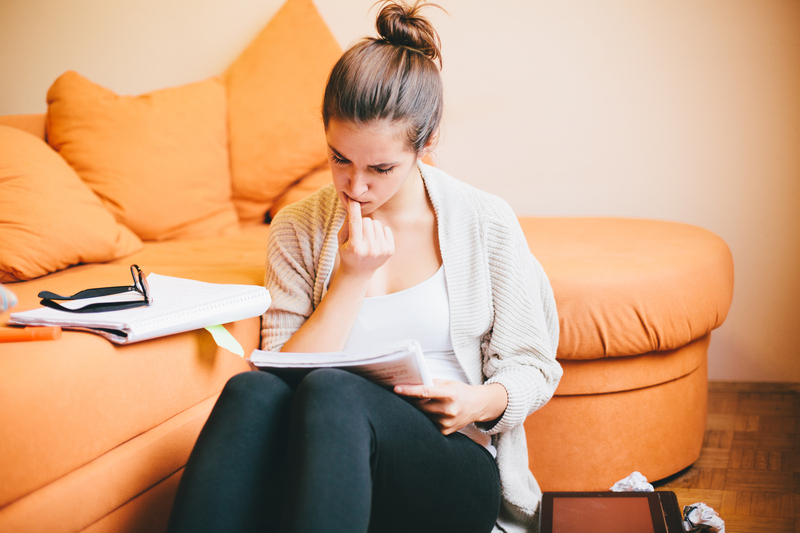
Frequently Asked Questions (FAQs)
How often should I clean my carpets?
Vacuum at least once a week and spot clean as needed. High-traffic areas and homes with pets or children may need more frequent cleaning. Schedule a deep clean every 12-18 months.
What's the best way to get rid of pet hair on carpets and floors?
Use a vacuum cleaner with a HEPA filter and a rotating brush head for carpets. For hard floors, a microfiber mop or electrostatic dust cloths work efficiently.
Can I use vinegar on all hard floors?
No. Vinegar is great for sealed tile or vinyl but should be avoided on natural stone (marble, granite) and unfinished/unsealed hardwood, as it can cause damage.
Should I steam clean my hardwood floors?
Never use steam mops on hardwood. The moisture and heat can cause warping and damage to the finish.
Conclusion: Fresh, Clean Floors are Within Reach
Carpet and hard floor cleaning doesn't have to be overwhelming. By following these expert tips, you can keep your floors spotless, healthy, and beautiful year-round. Understanding your specific surfaces, adopting preventative habits, and using the right techniques and products are key to success.
- Vacuum and sweep regularly.
- Address spills and stains immediately.
- Deep clean carpets and sanitize hard floors as needed.
- Use eco-friendly, safe cleaning solutions.
- Don't hesitate to call in professionals for tough stains or delicate flooring.
If you commit to a regular cleaning routine, your carpets and hard floors will reward you with lasting beauty, comfort, and value. Happy cleaning!


